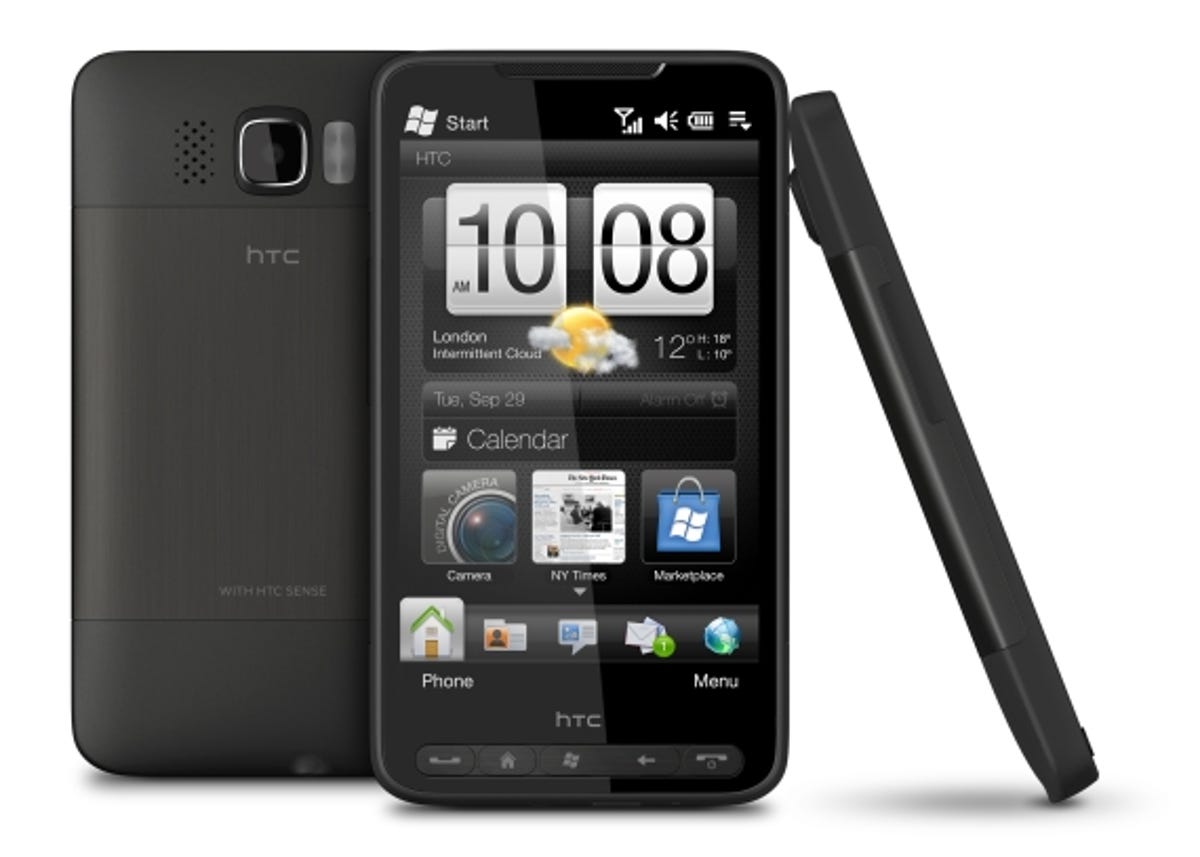
According to figures released by research firm Gartner last week, Apple’s iPhone, RIM’s BlackBerry and Google’s Android OS have been sharing a feast. The main course? Windows Mobile.
Gartner claims Microsoft’s mobile platform lost 28 per cent of its global smart phone market share between Q3 2008 and Q3 2009, dropping from accounting for 11 per cent of the world’s smart phones, to 7.9 per cent. In the same period Apple’s iPhone rose from 12.9 per cent to 17.1 per cent, while BlackBerry rose to 20.8 per cent from 16.
But perhaps even more impressive is Google’s Android OS. By Q3 2009, Gartner reports, it already accounts for almost 4 per cent of all global smart phone sales.
The problem for Windows Mobile phones appears to be their position in the eyes of consumers as devices for work, not play. The iPhone, Android and even BlackBerry these days however, are all seen pressed against consumer faces.
Gartner agrees this is a massive problem. Speaking to CNET UK’s sister site ZDNet UK, Gartner analyst Roberta Cozza said, “[Windows Mobile] remains well positioned within the enterprise,” but highlighted that 80 per cent of all smart phone sales land in the pockets of consumers.
Microsoft knows it has a problem, and is working to address it. It is rebranding its entire mobile phone ecosystem as ‘Windows Phone‘, introducing a new range of consumer-focused mobile services, and working with manufacturers to produce phones more suited to consumers.
One of the first phones to pull many of these plans together is the HTC HD2, which we reviewed last week. With a score of 8.8 out of 10, it’s one of the highest-scoring WinMo phones ever, surpassing the score given to the original iPhone.
But it’s a baby step at best, and to get ahead in the consumer space Microsoft doesn’t need babies to be taking steps, it needs to be firing babies out of canons or something. Not literally, as that would be a waste of babies. But you know what we mean.
Let us know what you think in the comments below.



